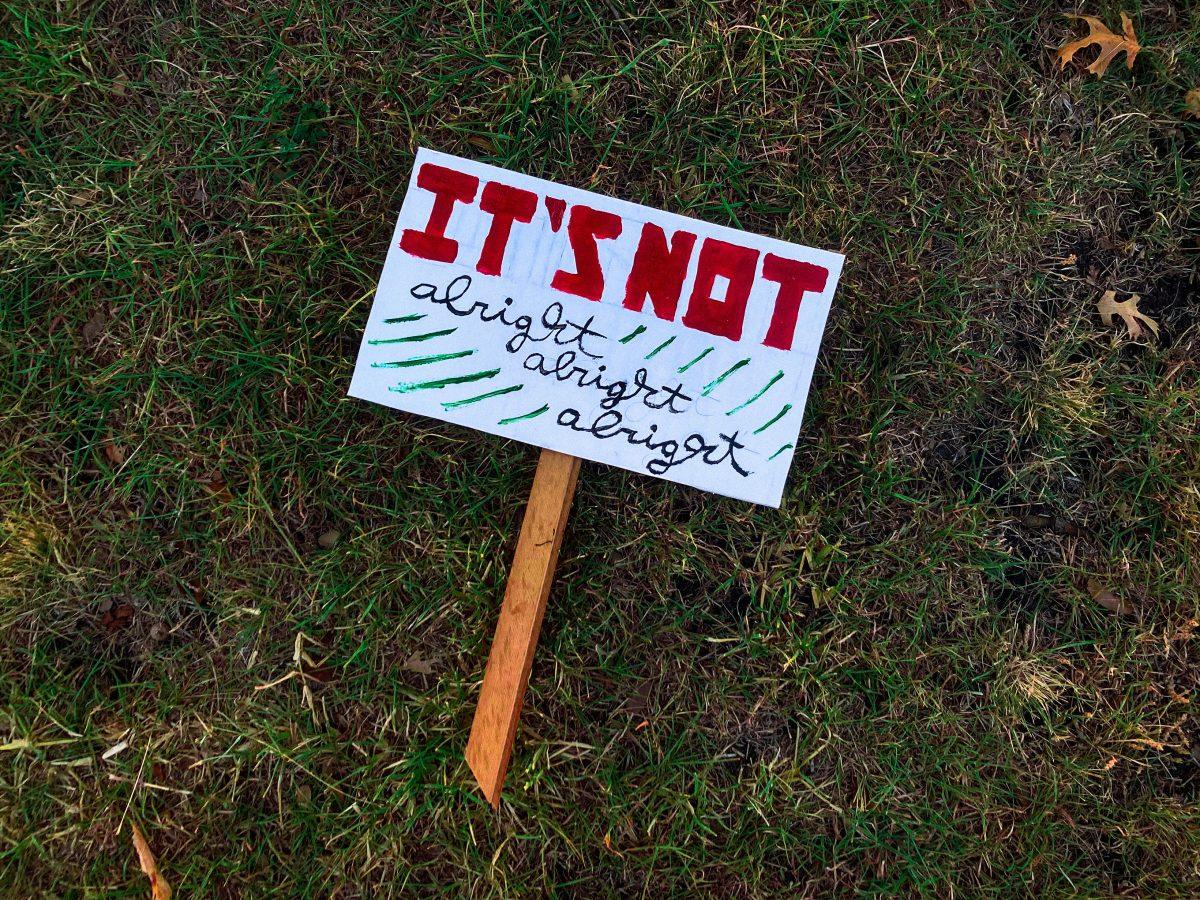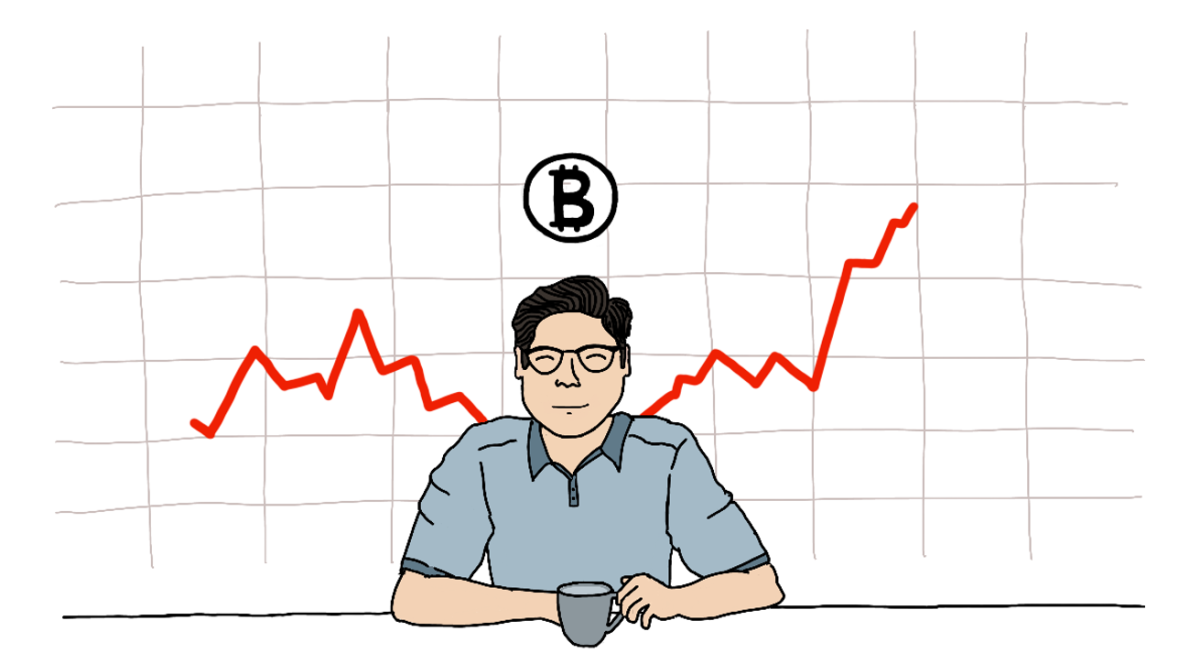Weed, pot, cannabis, devil’s lettuce, ganja. All rough synonyms for the most controversial but little-understood drug in America. Today, the fight over legalization has captured the nation, with states such as Colorado and Oregon opting for full legalization, while states like Texas have maintained their prohibitionist approach.
However, growing public support for ol’ Mary Jane is unfortunately starting to change the landscape, even in the Lone Star State.
An example close to home is the recent decision by the Texas A&M University police department to go easy on marijuana possession on campus, a symptom of the misguided view that the drug may not be as harmful as previously thought.
Instead of immediately arresting someone in possession of 2 or fewer ounces, the campus police will confiscate the drugs, request an arrest warrant from the County Attorney and let the attorney’s office decide on whether to pursue charges. On its face, it may appear to be a reasonable policy change, but it may actually increase the amount of marijuana-related offenses on campus — a worrying possibility.
It all has to do with what Brazos County Attorney Earl Gray calls a “false sense of security.” Because the ultimate authority to prosecute a crime rests with the attorney’s office, a student caught with drugs on campus but released by the police is not legally off the hook. Marijuana possession is illegal in Texas, and that’s exactly what Gray said he will be prosecuting.
“We’re gonna treat every marijuana case the same whether it’s before or after the arrest,” Gray said. “I took an oath to uphold the law. I won’t change that.”
Will enforcement come through police actively searching for the offender and carrying out the arrest warrant, or will the warrant remain “outstanding” and be executed when the offender encounters law enforcement in the future?
For instance, a student has marijuana confiscated by an officer, and the county attorney obtains a warrant approved by a judge. A couple of months later, the offender runs a red light, gets pulled over, and the officer notices an active arrest warrant and is thus obligated to bring the unsuspecting person to jail. Does this policy still sound reasonable to you?
Another glaring problem with the change is the lack of uniformity among all the other Brazos County police departments. If someone is caught with marijuana on Northgate, they will be taken in by the police. If caught across the street on A&M property by campus police, the drugs will be merely taken away, with a warrant likely waiting for them.
The clear consequence is one police department unilaterally “enforcing” drug policies differently than all the others, which obviously sends mixed signals regarding the risk of possessing marijuana. If the goal is to prevent crime, then inconsistent messaging is the last thing you want.
Only time will tell how the logistics of this will play out, and that’s part of the danger. The original enforcement policy, and the one still pursued by every other police department in the county, is at least predictable in the sense that the offender isn’t going to be surprised by an arrest warrant in the future. Furthermore, the straightforward policy of arresting marijuana users de-incentivizes drug use for the general population.
So, why should anyone care about this? The simple fact is that marijuana is much more harmful than its advocates let on, and, as a community, we have an obligation to prevent the proliferation of its use.
A recent study published on May 4, 2023 in Psychological Medicine reinforces previous studies that highlight the close correlation between schizophrenia cases among young men and heavy pot usage.
Furthermore, high marijuana consumption is linked to excessive vomiting, paranoia and tachycardia.
Even the argument that legalizing marijuana is the key to the fight against opioid overdoses is dubious given recent research. A working paper released in February 2022 examines opioid deaths in relation to recreational and medical cannabis and finds that “legal medical marijuana, particularly when available through retail dispensaries, is associated with higher opioid mortality.” Unsurprisingly, replacing one drug with another is not an effective way of fighting drug use.
Clearly, marijuana is not the harmless drug its advocates claim it is. However, what’s also damning is its detrimental effects on an individual’s feeling of motivation, loss of attention and performance. Think of it as a self-degradation drug. Typical work days become unbearable, and simple tasks become, well, not so simple.
Compounding the problem are popular stereotypes that paint marijuana use as utterly harmless aside from having the occasional bout of the “munchies.” This nationwide gaslighting makes it nearly impossible to discuss the harms of cannabis without being depicted as a hater of all things fun.
Take Annie Lowrey’s August 2018 essay in The Atlantic, “America’s Invisible Pot Addicts,” for example. After interviewing multiple people with a history of marijuana use, she describes one of her takeaways as being the number of people who suffered greatly from using the drug but how difficult it was for them to convince people of the severity of their situation.
“Users or former users I spoke with described lost jobs, lost marriages, lost houses, lost money, lost time,” Lowrey said. “Foreclosures and divorces. Weight gain and mental-health problems. And one other thing: the problem of convincing other people that what they were experiencing was real.”
While casual marijuana users probably won’t experience the worst of these effects, the march for legalization has contributed to a growing number of people, — roughly 16 million Americans, suffering from what’s known as marijuana use disorder. As more and more people become addicted to marijuana, these dangerous and life-derailing effects become significantly more likely.
So, we have a drug that millions of Americans are hooked on, and countless lives derailed because of addiction and other dangerous side effects that are rarely told to unsuspecting consumers. It’s a cultural problem as much as a drug problem, and if I said there’s an easy fix, I would be lying. However, what should be obvious is that going easy on marijuana is not a sustainable solution.
To A&M police and the public at large: Marijuana is a real threat to people’s health and the community. Let’s act like it.
Ryan Lindner is a political science senior and opinion editor for The Battalion.
Editor’s note: This story has been corrected to reflect a distinction between correlation and causation from a cited study.




























